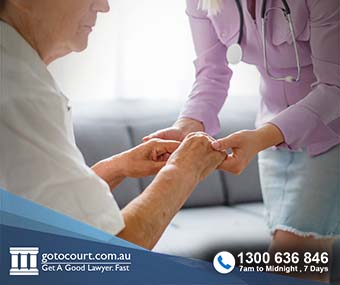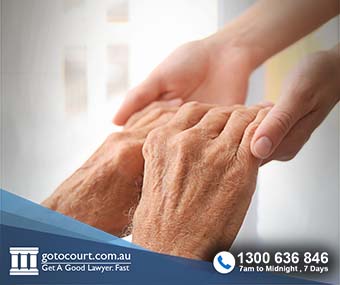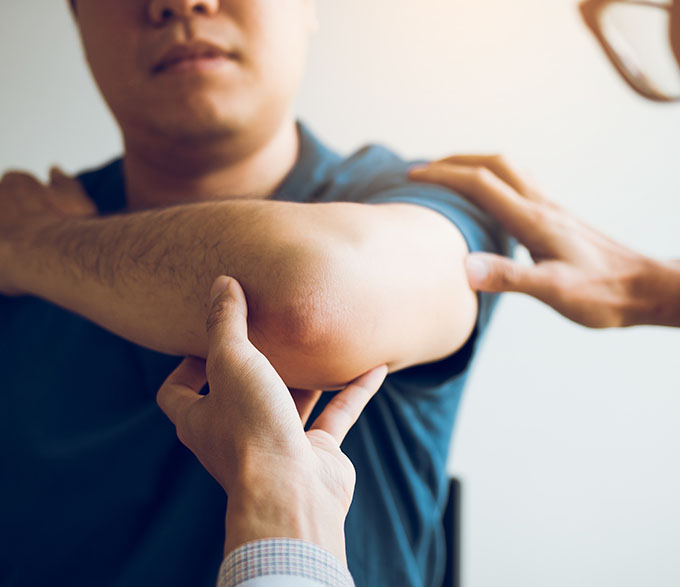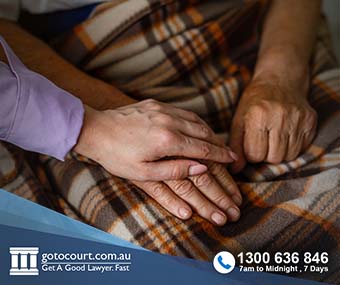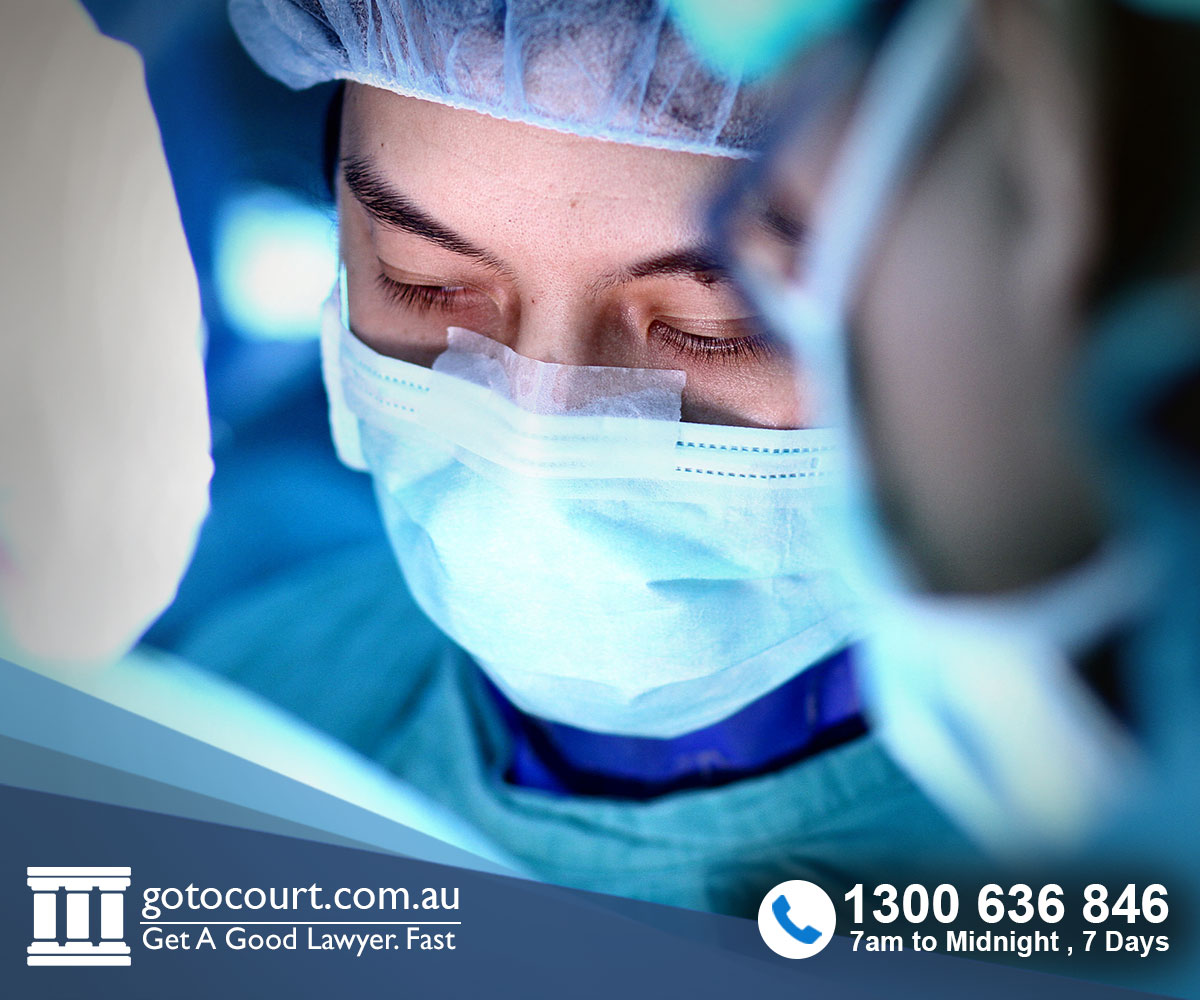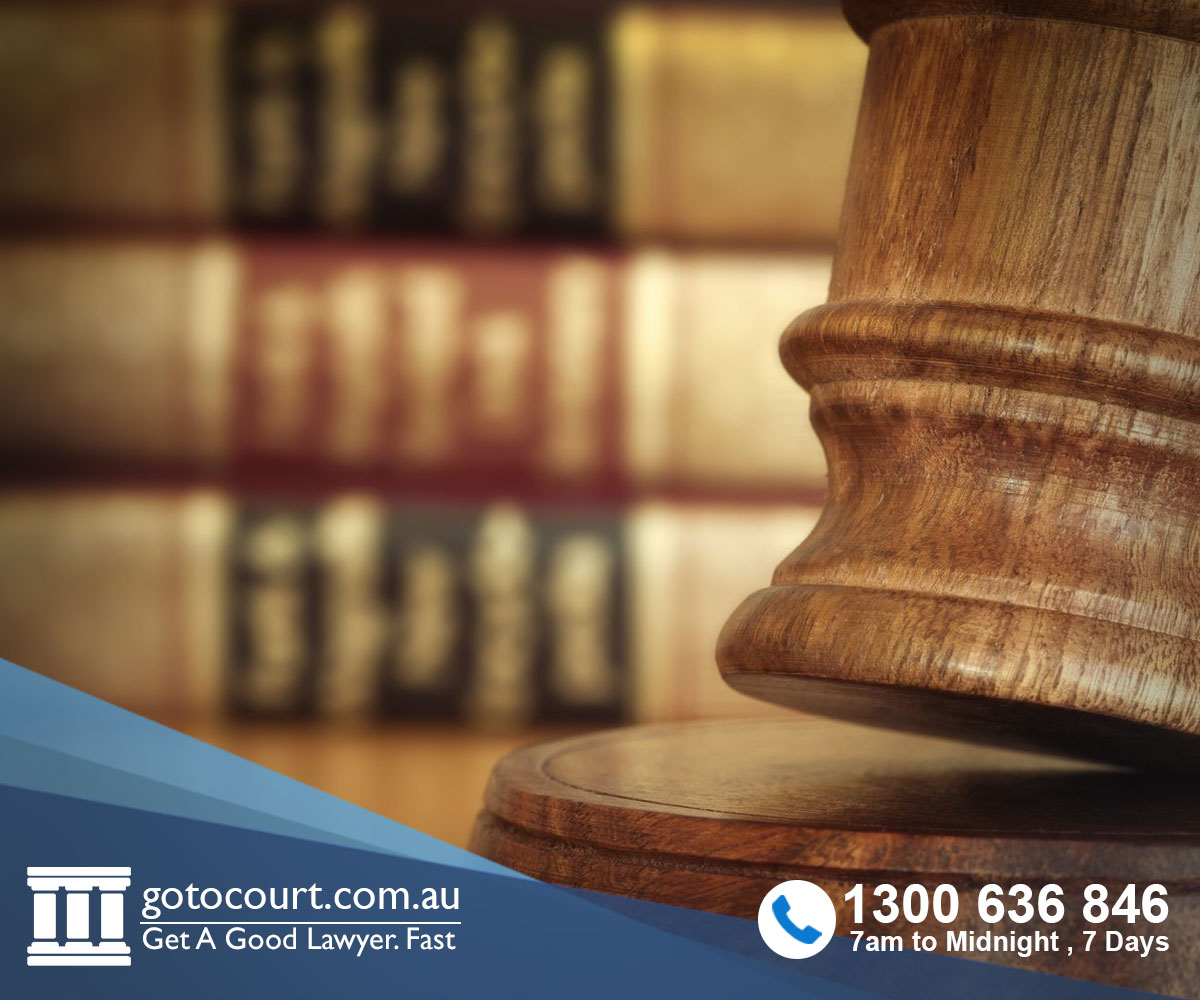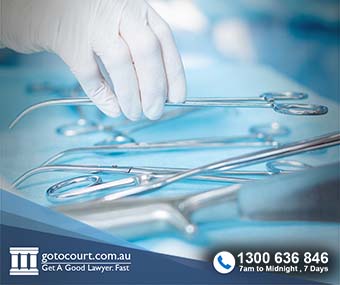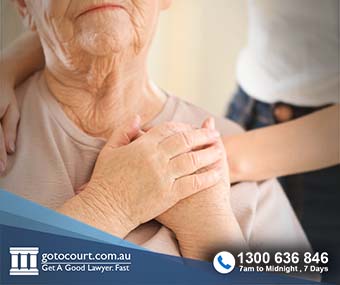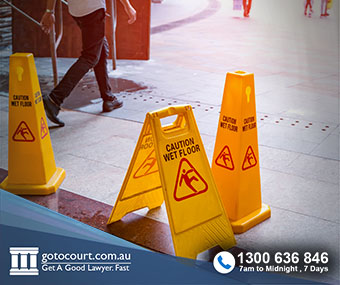Call our lawyers
now
or,
have our lawyers
call you
Medical Negligence (Tas)
Updated on Nov 15, 2022 • 5 min read • 307 views • Copy Link
Medical Negligence (Tas)
When a healthcare provider fails to treat a patient with reasonable skill and care, resulting in damage to the patient, this is known as medical negligence. In this circumstance, the injured party may be entitled to compensation under the Civil Liability Act 2002 and common law. This compensation is available for medical and professional care costs, loss of earnings, and pain and suffering.
Medical duty of care in Tasmania
Many occupational groups have a legal duty of care to prevent foreseeable harm to others. For instance, healthcare providers have a responsibility to protect the safety and well-being of their patients. Indeed, they have a greater responsibility than most professionals because of their special skills and the vulnerability and dependence of their patients. Under the Civil Liability Act, registered medical practitioners in Tasmania have a duty to provide a reasonable standard of care, and to adequately warn of risks associated with treatment.
That is not to say that a healthcare professional is expected to be perfect. They are only required to exercise the appropriate degree of skill and care that another professional would display in the circumstances. Failing to take this reasonable care can lead to a claim of medical negligence.
What is medical negligence in Tasmania?
Proven instances of medical negligence are actually relatively uncommon in Australia. A recent report found only 60 cases of preventable harm occurred in hospitals over one year. However, when medical negligence does occur, it can have a shattering impact on the lives of the affected patients.
Examples of medical negligence you can claim compensation for include:
- delayed diagnosis or misdiagnosis;
- prescription errors;
- providing inadequate post-operative care;
- surgical errors or improper insertion of implant or device; or
- failure to disclose medical risk.
During a medical negligence case, the court looks at what occurred and hears evidence from expert witnesses. This evidence is often contradictory or at least inconsistent. The court decides, based on this evidence, whether the healthcare professional provided the standard care that is expected in the situation. The standard of care is judged against peer professional opinion of accepted medical practice.
Reasonableness is a central question in a medical negligence case. For instance, an ER doctor cannot reasonably be expected to take the same degree of caution checking patient history in an emergency situation as a GP in standard practice. Similarly, a junior doctor is not expected to have the same degree of skill as a leading specialist in the field. This does not mean that a junior doctor is not held to a high standard, but the standard may only require that the junior doctor refers the patient to a specialist rather than applying specialist skills themselves.
Vicarious liability
A patient who suffers harm because of the negligence of a medical professional in a hospital typically sues the hospital rather than the individual. Hospitals are vicariously liable for the negligence of staff members, independent consultants and visiting specialists. This system of vicarious liability places the onus on the entity that is best placed to ensure proper standards of staff selection, training and procedures.
Proving medical negligence
In order to prove a medical negligence claim, a patient must establish that:
- The healthcare professional had a duty of care to them;
- The healthcare professional failed in their duty of care; and
- The healthcare professional’s negligence caused them harm.
Medical negligence can be difficult to prove because of problems obtaining relevant evidence. An injured patient must rely on the doctor or hospital to supply much of the evidence. In addition, a claimant also needs to find a doctor who is willing to say that another doctor was negligent.
Another hurdle to proving medical negligence is that there are inherent risks with all medical treatments. It is not enough to prove that a procedure caused an injury. It must be established that the healthcare professional took a definite step that was contrary to accepted medical practice, and that it was this action that caused the injury.
Additionally, it can be difficult to establish damages if the patient had a pre-existing condition when they underwent treatment. A medical negligence claimant is very often suffering from a medical issue before the alleged negligence. While the patient may have considerable medical problems after the treatment, only the injuries that flowed directly from the negligence can be compensated.
Limitations
The Limitation Act 1974 specifies the deadlines to make a negligence claim. In Tasmania, there is a limitation period of three years for a patient to commence an action for medical negligence. The clock starts ticking on the date of discoverability, which is the date when the claimant discovered that they experienced damage from the negligence. It may be several years before a patient discovers the extent of the harm. There is, however, a bar against legal action after 12 years. The limitation period does not start while the patient is still a child or has a legal disability or incapacity due to mental or intellectual disability.
Contact Go To Court Lawyers on 1300 636 846 for advice about a medical negligence claim. Our Tasmanian civil law team can provide guidance on any stage of making a civil claim or any other matter.


Affordable Lawyers
Our Go To Court Lawyers will assist you in all areas of law. We specialise in providing legal advice urgently – at the time when you need it most. If you need a lawyer right now, today, we can help you – no matter where you are in Australia.How It Works








1. You speak directly to a lawyer
When you call the Go To Court Legal Hotline, you will be connected directly to a lawyer, every time.


2. Get your legal situation assessed
We determine the best way forward in your legal matter, free of charge. If you want to go ahead and book a face-to-face appointment, we will connect you with a specialist in your local area.


3. We arrange everything as needed
If you want to go ahead and book a fact-to-face appointment, we will connect you with a specialist in your local area no matter where you are and even at very short notice.


